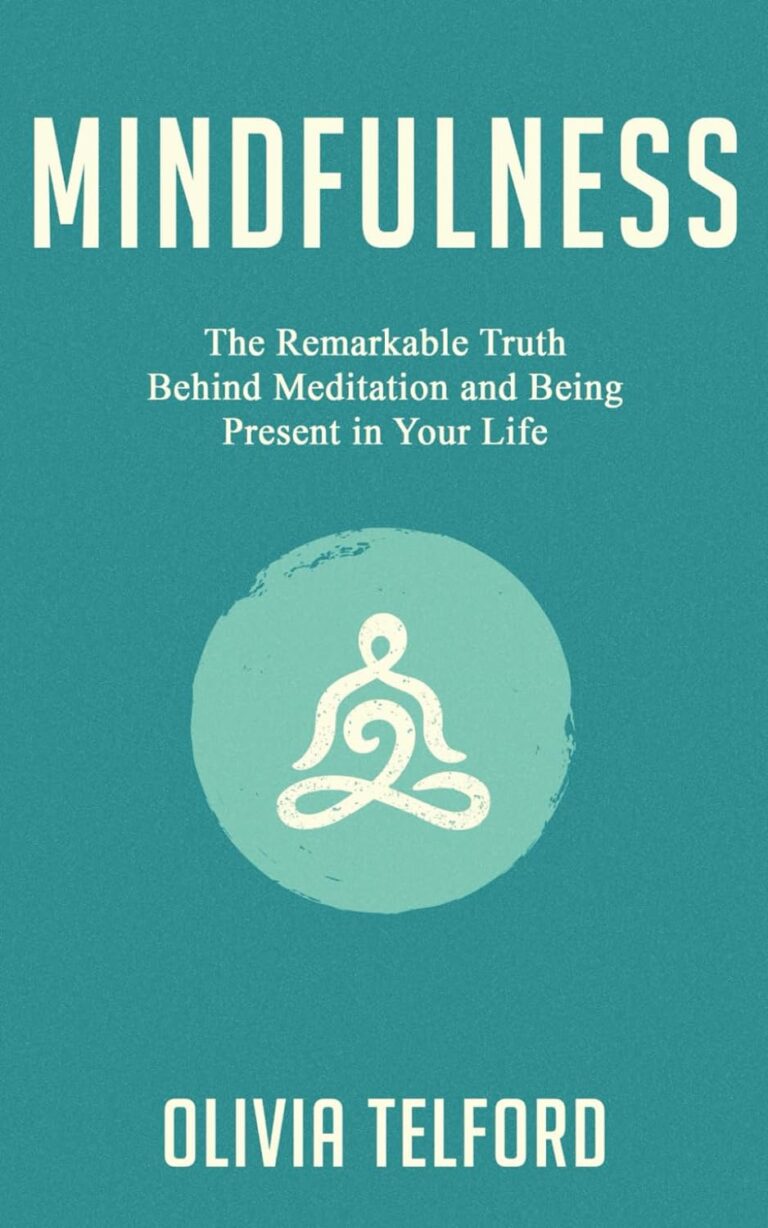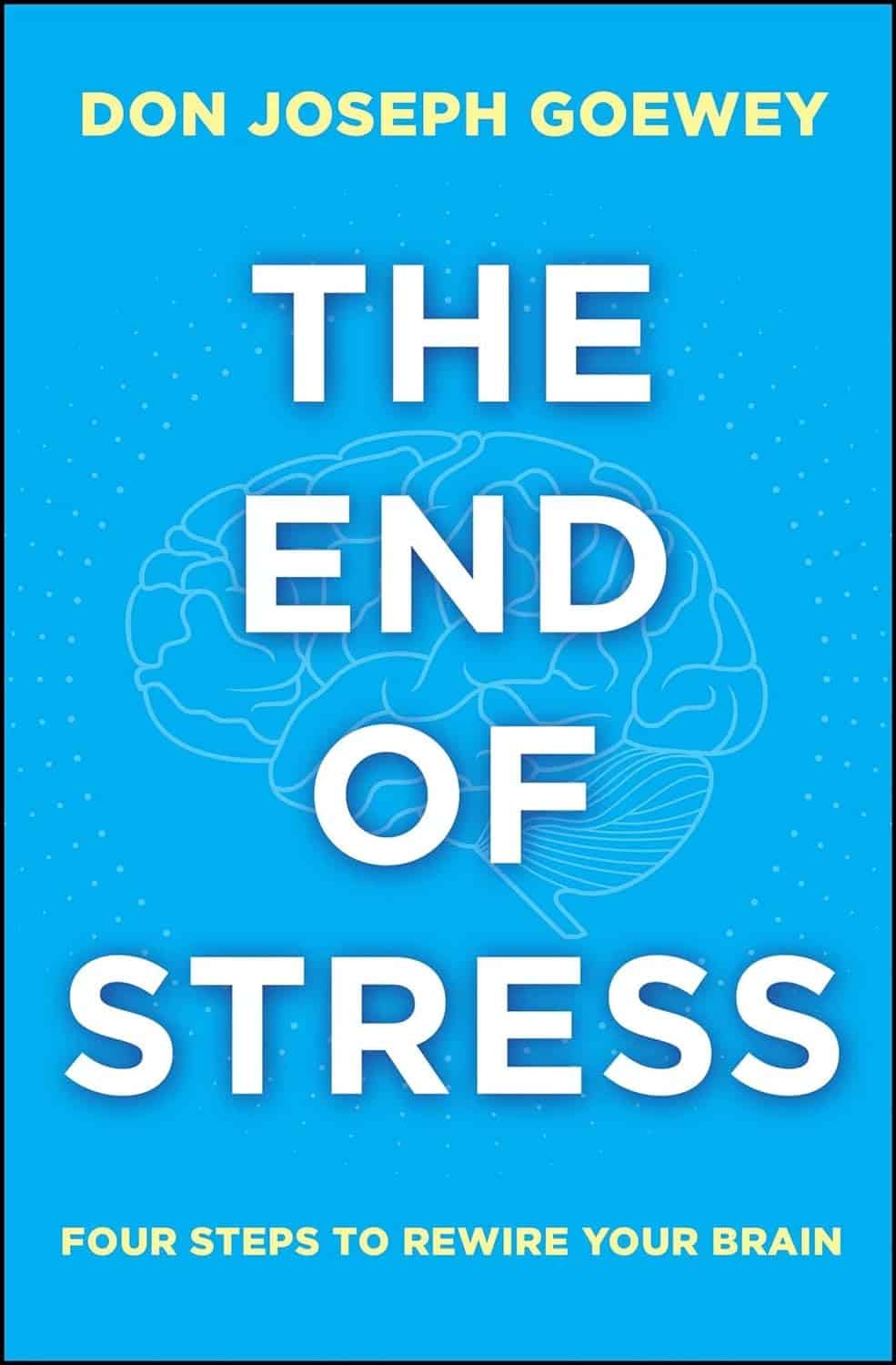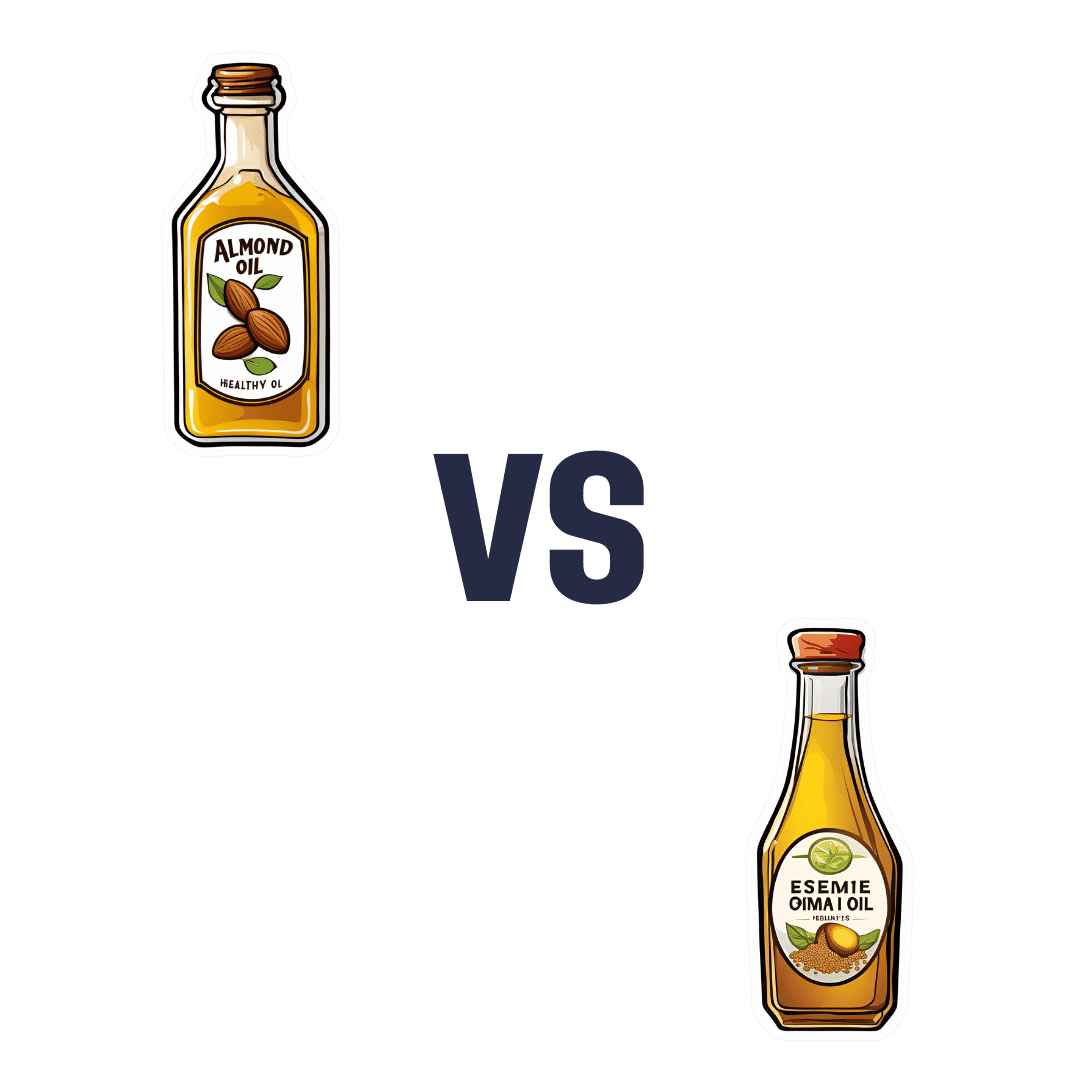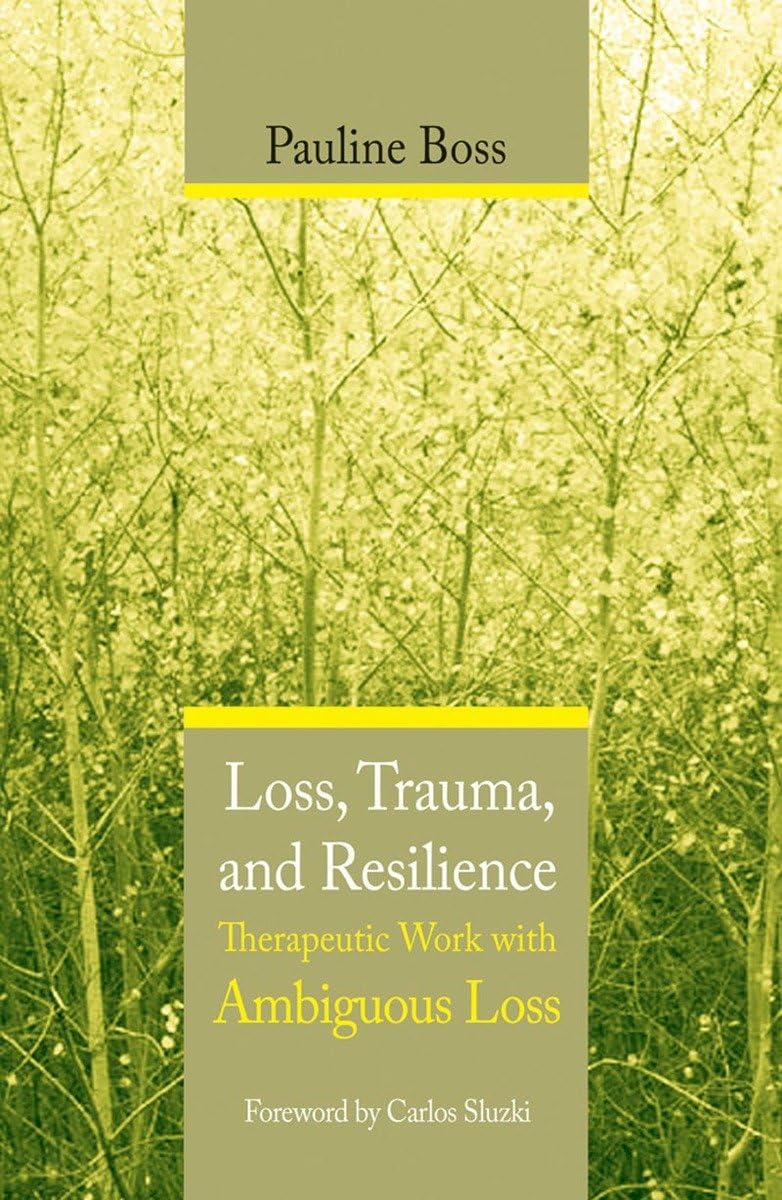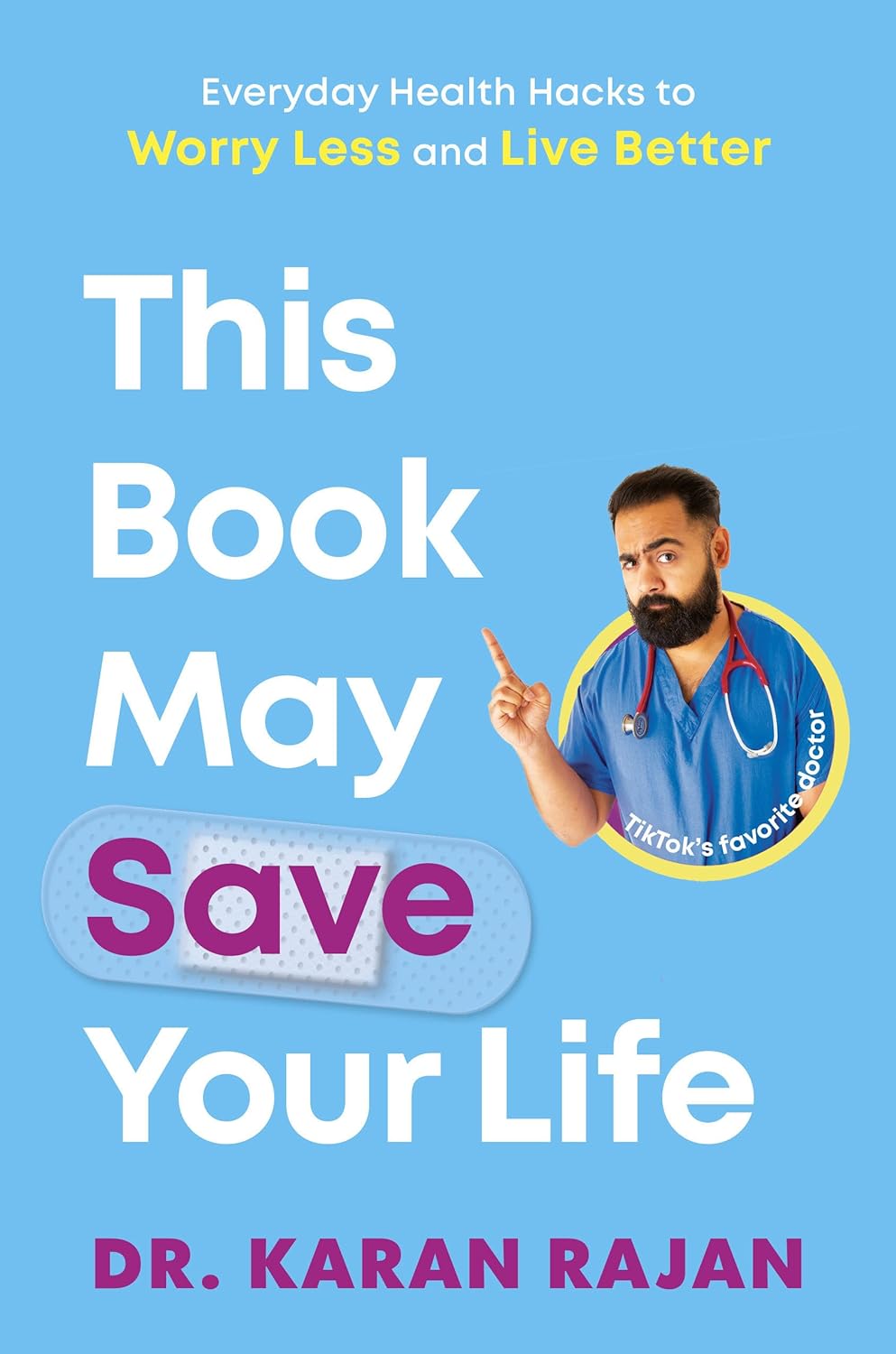
This Book May Save Your Life – by Dr. Karan Rajan
10almonds is reader-supported. We may, at no cost to you, receive a portion of sales if you purchase a product through a link in this article.
The title is a bold sell, but the book does include a lot of information about what can go wrong in your body, and how those things can be avoided.
What it’s not: a reiteration of Dr. Michael Greger’s “How Not To Die“. It’s not dense medical information, and it doesn’t cite papers at a rate of ten per page.
What it is: an easy-reading tour guide of the human body and its many quirks and foibles, and how we can leverage those to our benefit. On which note…
Hopefully, your insides will never see the light of day, but this author is a general surgeon and as such, is an experienced and well-qualified tour guide. Here, we learn about everything from the long and interesting journey through our gut, to the unique anatomical features and liabilities of the brain. From the bizarre oddities of the genitals, to things most people don’t know about the process of death.
The style of the book is very casual, with lots of short sections (almost mini chapters-within-chapters, really) making for very light reading—and certainly enjoyable reading too, unless you are inclined to squeamishness.
Bottom line: in honesty, the book is more informative than it is instructional, though it does contain the promised health tips too. With that in mind, it’s a very enjoyable and educational read, and we do recommend it.
Don’t Forget…
Did you arrive here from our newsletter? Don’t forget to return to the email to continue learning!
Recommended
Learn to Age Gracefully
Join the 98k+ American women taking control of their health & aging with our 100% free (and fun!) daily emails:
-
The End of Stress – by Don Joseph Goewey
10almonds is reader-supported. We may, at no cost to you, receive a portion of sales if you purchase a product through a link in this article.
So, we probably know to remember to take a deep breath once in a while, and adopt a “focus on what you can control, rather than what you can’t” attitude. In this book, Goewey covers a lot more.
After an overview of how we have a brain wired for stress, what it does to us, and why we should rewire that, he dives straight into such topics as:
- Letting go of fear—safely!
- Number-crunching the real risks
- Leading with good decisions, and trusting the process
- Actively practicing a peaceful mindset (some very good tips here)
- Transcending shame (and thus sidestepping the stress that it may otherwise bring)
The book brings together a lot of ideas and factors, seamlessly. From scientific data to case studies, to “try this and see”, encouraging us to try certain exercises for ourselves and be surprised at the results.
All in all, this is a great book on not just managing stress, but—as the title suggests—ending it in all and any cases it’s not useful to us. In other words, this book? It is useful to us.
Share This Post
-
Sesame Oil vs Almond Oil – Which is Healthier?
10almonds is reader-supported. We may, at no cost to you, receive a portion of sales if you purchase a product through a link in this article.
Our Verdict
When comparing sesame oil to almond oil, we picked the almond.
Why?
We were curious about this one! Were you, or were you confident? You see, almonds tend to blow away all the other nuts with their nutritional density, but they’re far from the oiliest of nuts, and their greatest strengths include their big dose of protein and fiber (which don’t make it into the oil), vitamins (most of which don’t make it into the oil) and minerals (which don’t make it into the oil). So, a lot will come down to the fat profile!
On which note, looking at the macros first, it’s 100% fat in both cases, but sesame oil has more saturated fat and polyunsaturated fat, while almond oil has more monounsaturated fat. Since the mono- and poly-unsaturated fats are both healthy and each oil has more of one or the other, the deciding factor here is which has the least saturated fat—and that’s the almond oil, which has close to half the saturated fat of sesame oil. As an aside, neither of them are a source of omega-3 fatty acids.
In terms of vitamins, there’s not a lot to say here, but “not a lot” is not nothing: sesame oil has nearly 2x the vitamin K, while almond oil has 28x the vitamin E*, and 2x the choline. So, another win for almond oil.
*which is worth noting, not least of all because seeds are more widely associated with vitamin E in popular culture, but it’s the almond oil that provide much more here. Not to get too distracted into looking at the values of the actual seeds and nuts, almonds themselves do have over 102x the vitamin E compared to sesame seeds.
Now, back to the oils:
In the category of minerals, there actually is nothing to say here, except you can’t get more than the barest trace of any mineral from either of these two oils. So it’s a tie on this one.
Adding up the categories makes for a clear win for almond oil!
Want to learn more?
You might like to read:
Avocado Oil vs Olive Oil – Which is Healthier?
Take care!
Share This Post
-
The Little-Known Truth…
10almonds is reader-supported. We may, at no cost to you, receive a portion of sales if you purchase a product through a link in this article.
Myth-Buster, Myth-Buster, Bust Us A Myth (or three!)
Let’s can this myth for good
People think of “canned foods” as meaning “processed foods” and therefore bad. But the reality is it’s all dependent on what’s in the can (check the ingredients!). And as for nutrients?
Many canned fruits and vegetables contain more nutrients than fresh ones! This is because the way they’ve been stored preserves them better. For example:
- Canned tomatoes contain more bioavailable lycopene than fresh
- Canned spinach contains more bioavailable carotene than fresh
- Canned corn contains more bioavailable lutein than fresh
- The list goes on, but you get the idea!
Don’t Want To Take Our Word For It? Read The Scientific Paper Here!
Gaslight, Gymkeep, Girl-loss?
Many women and girls avoid doing weight-training as part of their exercise—or use only the smallest weights—to avoid “bulking up” and “looking like a man”.
Many men, meanwhile, wish it were that easy to bulk up!
The reality is that nobody, unless you have very rare genes, packs on a lot of muscle by accident. Even with the genes for it, it won’t happen unless you’re also eating for it!
Resistance-based strength training (such as lifting weights), is a great way for most people to look after an important part of their long-term health: bone density!
You can’t have strong muscles on weak bones, so strengthening the muscles cues the body to strengthen the bones. In short, your strength-training at age 45 or 55 (or earlier) could be what helps you avoid a broken hip at 65 or 75.
We’re Not Kidding, It Really Is That Important (Read The Study Here)!
Something doesn’t smell right about this
There’s been a big backlash against anti-perspirants and deodorants. The popular argument is that the aluminium in them causes cancer.
This led to many people buying “deodo-rocks”, crystal rocks that can be run under water and then rubbed on the armpits to deodorize “naturally”. But, those crystal rocks are actually alum crystals (guess what they contain…).
The belief that deodorants cause cancer came from studies done by applying deodorant to cells (like the canine kidney cells in this study) in petri dishes. So, assuming you don’t cut out your kidney and then spray it directly with the deodorant, the jury is still out!
A more recent systematic review sorted out quite clearly the ways in which aluminium was, or was not, harmful, and said:
❝Neither is there clear evidence to show use of Al-containing underarm antiperspirants or cosmetics increases the risk of Alzheimer’s Disease or breast cancer. Metallic Al, its oxides, and common Al salts have not been shown to be either genotoxic or carcinogenic.❞
Critical Reviews in Toxicology
…but also says that you should avoid eating aluminium while pregnant or breastfeeding. We hope you can resist the urge.
See The Summary For Yourself Here!
(actually the whole article is there, but we know you value condensed knowledge, so: the abstract at the top will probably tell you all you want to know!)
Share This Post
Related Posts
-
Future-Proof Your Brain
10almonds is reader-supported. We may, at no cost to you, receive a portion of sales if you purchase a product through a link in this article.
This is Kimberly Wilson. She’s a psychologist, not a doctor, and/but her speciality is neurophysiology and brain health.
Here’s what she wants us to know…
Avoid this very common killer
As you’re probably aware, the #1 killer in the US is heart disease, followed by COVID, which effectively pushed everything down a place. Thereafter, we see cancer, followed by accidental injuries, stroke, and dementia (including Alzheimer’s).
Over in the UK, where Wilson is from, dementia (including Alzheimer’s disease) is the #1 killer, followed by heart disease and then respiratory diseases (including COVID), and then stroke, then cancer.
As ever, what’s good for the heart is good for the brain, so many of the same interventions will help avoid both. With regard to some of the other differences in order, the reasons are mostly due to differences in the two countries’ healthcare systems and firearms laws.
It’s worth noting, though, that the leading cause of death in young people (aged 15–19) is suicide in the UK; in the US it’s nominally accidental injuries first (e.g. accidental shootings) with intentional suicide in the second spot.
In other words… Young or old, mental health is a serious health category that kills literally the most people in the UK, and also makes the top spots in the US.
Avoid the early killer
Given the demographics of most of our readership, chances are you’ve already lived past your teens and twenties. That’s not to say that suicide is no longer a risk, though, and it’s also worth noting that while mental health issues are invisible, they’re still physical illnesses (the brain is also an organ, after all!), so this isn’t something where you can simply “decide not to” and that’s you set, safe for life. So, please do continue to take good care in that regard.
We wrote about this previously, here:
How To Stay Alive (When You Really Don’t Want To)
Avoid the later killer
Wilson talks about how a recent survey found that…
- while nearly half of adults say dementia is the disease they fear most,
- only a third of those thought you could do anything to avoid it, and
- just 1% could name the 7 known risk factors.
Quick test: can you name the 7 known risk factors?
Please take a moment to actually try (this kind of mental stimulation is good in any case), and count them out on your fingers (or write them down), and then…
When you’re ready: click here to see the answer!
How many did you get? If you got them all, well done. If not, then well, now you know, so that’s good.
So, with those 7 things in mind, the first obvious advice is to take care of those things.
Taking an evidence-based medicine approach, Wilson recommends some specific interventions that will each improve one or more of those things, directly or indirectly:
Eating right
Wilson is a big fan of “nutritional psychiatry” and feeding one’s brain properly. We wrote about this, here:
The 6 Pillars Of Nutritional Psychiatry
As well as agreeing with the obvious “eat plenty of fiber, different-colored plants, and plenty of greens and beans”, Wilson specifically also champions getting enough of vitamins B9, B12, and D, as well as getting a healthy dose of omega-3 fatty acids.
She also recommends intermittent fasting, if that’s a reasonable option for you—but advocates for not worrying about it, if it’s not easy for you. For example, if you are diabetic, or have (or have a history with) some kind of eating disorder(s), then it’s probably not usefully practicable. But for most people, it can reduce systemic inflammation, which means also reducing neuroinflammation.
Managing stress right
Here she advocates for three main things:
- Mindful meditation (see: Evidence-Based, No-Frills Mindfulness)
- Psychological resilience (see: Building Psychological Resilience)
- Mindful social media use (see: Making Social Media Work For Your Mental Health)
Managing money right
Not often we talk about this in a health science publication as opposed to a financial planning publication, but the fact is that a lot of mental distress, which goes on to have a huge impact on the brain, is rooted in financial stresses.
And, of course, it’s good to be able to draw on financial resources to directly fund one’s good health, but that is the secondary consideration here—the financial stress is the biggest issue, and you can’t CBT your way out of debt, for example.
Therapists often face this, and what has been referred to informally by professionals in the field as “Shit Life Syndrome”—and there’s only so much that therapy can do about that.
We’re not a financial publication, but one recommendation we’ll drop is that if you don’t currently have budgeting software that you use, this writer personally uses and swears by YNAB (You Need A Budget), so maybe check that out if you don’t already have everything covered in that regard. It’s not free, but there is a 34-day free trial.
Therapy can be very worthwhile nonetheless
Wilson notes that therapy is like non-invasive brain surgery (because of neuroplasticity, it’s literally changing physical things in your brain).
It’s not a magic bullet and it’s not the right choice for everyone, but it’s worth considering, and even self-therapy can yield benefits for many:
The Gym For Your Mental Health: Getting The Most Out Of Therapy
Sleeping right
Sleep is not only critical for health in general and brain health in particular, it’s also most of when our glymphatic system does clean-up in the brain (essential for avoiding Alzheimer’s & Parkinson’s, amongst other diseases):
How To Clean Your Brain (Glymphatic Health Primer)
Want to know more from Kimberley Wilson?
We reviewed a book of hers recently, here:
Unprocessed: What your Diet Is Doing To Your Brain – by Kimberley Wilson
However, much of what we shared today was sourced from another book of hers that we haven’t reviewed yet but probably will do one of these days:
Enjoy!
Don’t Forget…
Did you arrive here from our newsletter? Don’t forget to return to the email to continue learning!
Learn to Age Gracefully
Join the 98k+ American women taking control of their health & aging with our 100% free (and fun!) daily emails:
-
Loss, Trauma, and Resilience – by Dr. Pauline Boss
10almonds is reader-supported. We may, at no cost to you, receive a portion of sales if you purchase a product through a link in this article.
Most books about bereavement are focused on grieving healthily and then moving on healthily. And, while it may be said “everyone’s grief is on their own timescale”… society’s expectation is often quite fixed:
“Time will heal”, they say.
But what if it doesn’t? What happens when that’s not possible?
Ambiguous loss occurs when someone is on the one hand “gone”, but on the other hand, not necessarily.
This can be:
- Someone was lost in a way that didn’t leave a body to 100% confirm it
- (e.g. disaster, terrorism, war, murder, missing persons)
- Someone remains physically present but in some ways already “gone”
- (e.g. Alzheimer’s disease or other dementia, brain injury, coma)
These things stop us continuing as normal, and/but also stop us from moving on as normal.
When either kind of moving forward is made impossible, everything gets frozen in place. How does one deal with that?
Dr. Boss wrote this book for therapists, but its content is equally useful for anyone struggling with ambiguous loss—or who has a loved one who is, in turn, struggling with that.
The book looks at the impact of ambiguous loss on continuing life, and how to navigate that:
- How to be resilient, in the sense of when life tries to break you, to have ways to bend instead.
- How to live with the cognitive dissonance of a loved one who is a sort of “Schrödinger’s person”.
- How, and this is sometimes the biggest one, to manage ambiguous loss in a society that often pushes toward: “it’s been x period of time, come on, get over it now, back to normal”
Will this book heal your heart and resolve your grief? No, it won’t. But what it can do is give a roadmap for nonetheless thriving in life, while gently holding onto whatever we need to along the way.
Click here to check out “Ambiguous loss, Trauma, and Resilience” on Amazon—it can really help
Don’t Forget…
Did you arrive here from our newsletter? Don’t forget to return to the email to continue learning!
Learn to Age Gracefully
Join the 98k+ American women taking control of their health & aging with our 100% free (and fun!) daily emails:
- Someone was lost in a way that didn’t leave a body to 100% confirm it
-
Rise And (Really) Shine!
10almonds is reader-supported. We may, at no cost to you, receive a portion of sales if you purchase a product through a link in this article.
Q&A with 10almonds Subscribers!
Q: Would love to hear more ideas about effective first thing in the morning time management to get a great start on your day.
A: There are a lot of schools of thought about what’s best in this regard! Maybe we’ll do a main feature sometime. But some things that are almost universally agreed upon are:
- Prepare your to-do list the night before
- Have some sort of buffer between waking up and getting to productivity.
- For me (hi, your writer here) it’s my first coffee of the day. It’s not even about the caffeine, it’s about the ritual of it, it’s a marker that separates my night from the day and tells my brain what gear to get into.
- Others may like to exercise first thing in the morning
- For still yet others, it could be a shower, cold or otherwise
- Some people like a tall glass of lemon water to rehydrate after sleeping!
- If you take drinkable morning supplements such as this pretty awesome nootropic stack, it’s a great time for that and an excellent way to get the brain-juices flowing!
- When you do get to productivity: eat the frog first! What this means is: if eating a frog is the hardest thing you’ll have to do all day, do that first. Basically, tackle the most intimidating task first. That way, you won’t spend your day stressed/anxious and/or subconsciously wasting time in order to procrastinate and avoid it.
- Counterpart to the above: a great idea is to also plan something to look forward to when your working day is done. It doesn’t matter much what it is, provided it’s rewarding to you, that makes you keen to finish your tasks to get to it.
Have a question you’d like to see answered here? Hit reply to this email, or use the feedback widget at the bottom! We always love to hear from you
Don’t Forget…
Did you arrive here from our newsletter? Don’t forget to return to the email to continue learning!
Learn to Age Gracefully
Join the 98k+ American women taking control of their health & aging with our 100% free (and fun!) daily emails:

